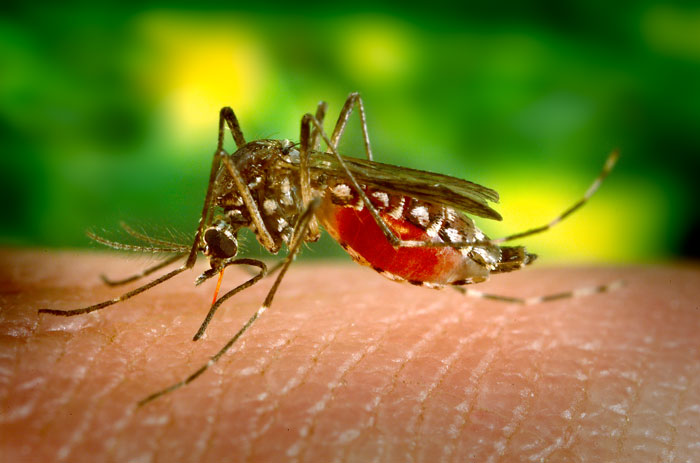An outbreak of yellow fever in Brazil is raising serious concerns that the disease could spread to the United States. It could have the ability to spread across borders like the Zika virus did recently.
Even though the likelihood of a yellow fever outbreak is low, travel-related cases could occur, along with transmission in warm regions, especially in the Gulf Coast states. With frequent international travel, the Brazilian outbreak causes concerns that this could spread to travel-related cases.
The Zika virus emerged in Brazil in 2015 and spread to over 60 countries around the globe including the US. Most are thinking: “If it has already happened with Zika, can’t it happen again?”
As of March 2, the virus has killed 220 people, according to Pan American Health Organization. PAHO has also found 326 confirmed cases and 916 suspected cases of the disease. Even though the outbreak has remained in rural areas, some cases are close to Rio de Janeiro, an urban city with dense communities and citizens who haven’t been vaccinated against yellow fever.
Yellow fever spreads through the bit of an infected mosquito, with outbreaks occurring in South America and Africa. The most common mosquito that can transmit the disease is the Aedes aegypti mosquito, one that also transmits Zika. Others that have the ability to do so are the Haemagogus and Sabethes mosquitoes.
Some symptoms could include fever, headache, muscle pain, nausea, vomiting, fatigue and jaundice. Due to mosquito control and sanitation services, yellow fever has pretty much been eliminated in the United States. However, outbreaks in tropical areas could trigger the spread of the fever through travel.
The vaccine for yellow fever provides up to 99% immunity for one’s lifetime. Despite this being a very successful vaccine, these drugs take a long time to produce. Due to this, not many have been made and the stockpile is low.
Brazil has distributed over 12.5 million doses as of February 24, but it has remained difficult to access citizens who live in dispersed locations along rugged terrain.
Due to the serious nature of this disease, awareness and preparedness of the people are critical and more than necessary at this point in time.













